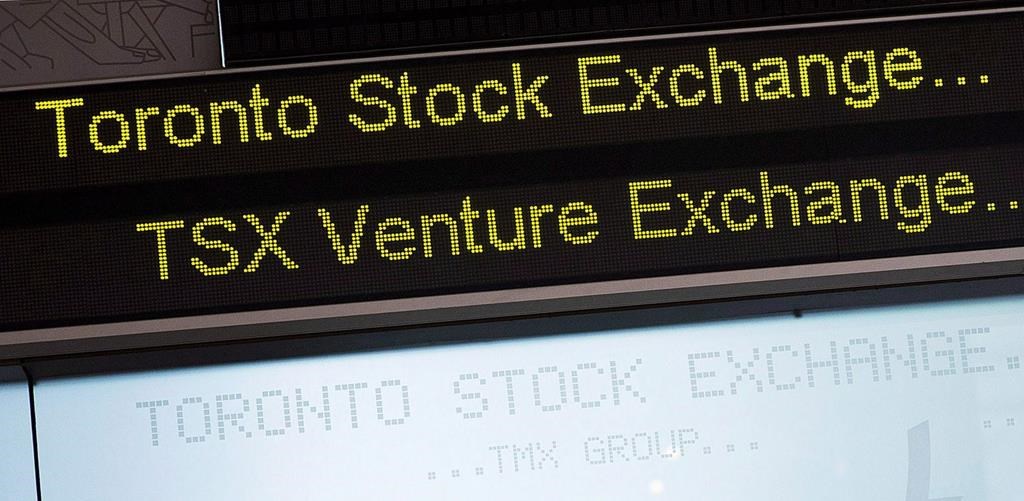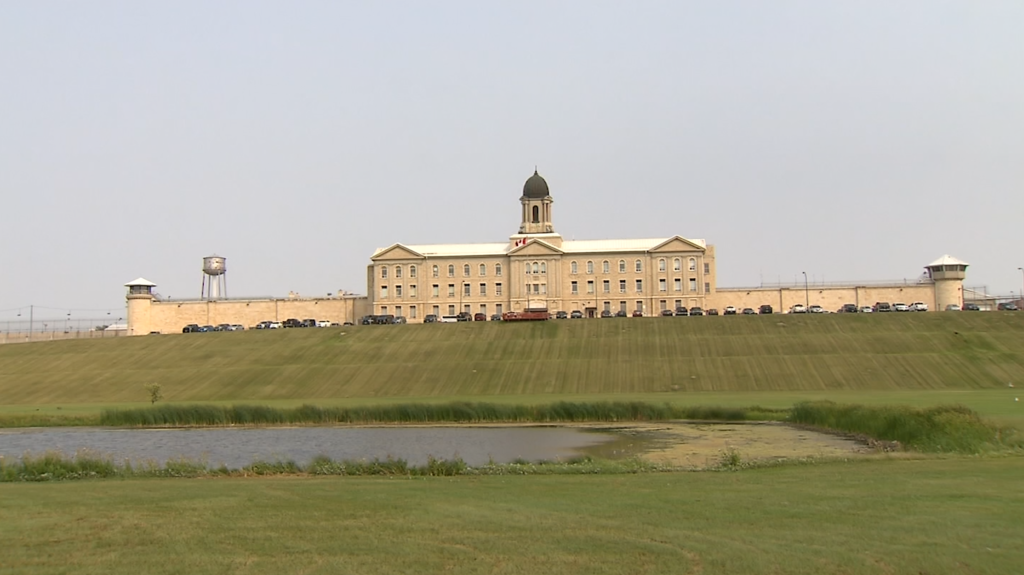How to plan for a potentially difficult financial year in 2023

Posted December 23, 2022 11:27 am.
Heading into 2023, looming predictions from economists say a recession is possible in the next year.
“Our economy is slowing down. It means there are people whose mortgage payments are rising. It means business is now longer booming in the same way it has been since we left our homes after the COVID lockdowns,” Finance Minister Chrystia Freeland said in her mini budget back in November.
But is a recession really inevitable in 2023? CityNews spoke with Jamie Golombek of CIBC about how you can best prepare for what could be a difficult financial year.
“Certainly there’s a lot of signs pointing to a possible recession. So I say people should be prepared,” said Golombek.
He said having a plan is the most important part and based on your age and stage in life can decide what you decide to do with your money.
“A lot of people might panic and say, oh my gosh, what’s happening to my investments, I just should get out of everything moved to cash. Depending on your age and stage in life, maybe that’s the right approach, although traditionally, markets have bounced back from recessions pretty much every time so you might want to take stay the course.”
“Other people might look at from an investment perspective and say, ‘Oh, here’s an opportunity to buy it right. Why don’t we buy in at the low end?’,” he added.
“Between now and the end of the year is a great time to look at tax loss, particularly given the markets and typically when you bought those particular securities,” said Golombek.
A recent poll found that Canadians have the highest negative view of the economy since June and over half of Canadians, 53 per cent say they are likely to be worried about their personal or family day-to-day finances.
Another 37 per cent say they likely will struggle to make ends meet.
Meanwhile, the Bank of Canada has raised the key interest rate four times this year to 4.25 per cent, the highest it has been since 2008, in hopes of easing rising inflation.
The latest half a percent raise came earlier this month as the central bank indicated there’s “growing evidence” that higher interest rates are restraining demand in the economy.
At the same time, they said inflation is still too high and short-term inflation expectations remain elevated.
Looking ahead, the Bank of Canada says the governing council will be considering whether the policy interest rate needs to rise further.
With files from Meredith Bond








